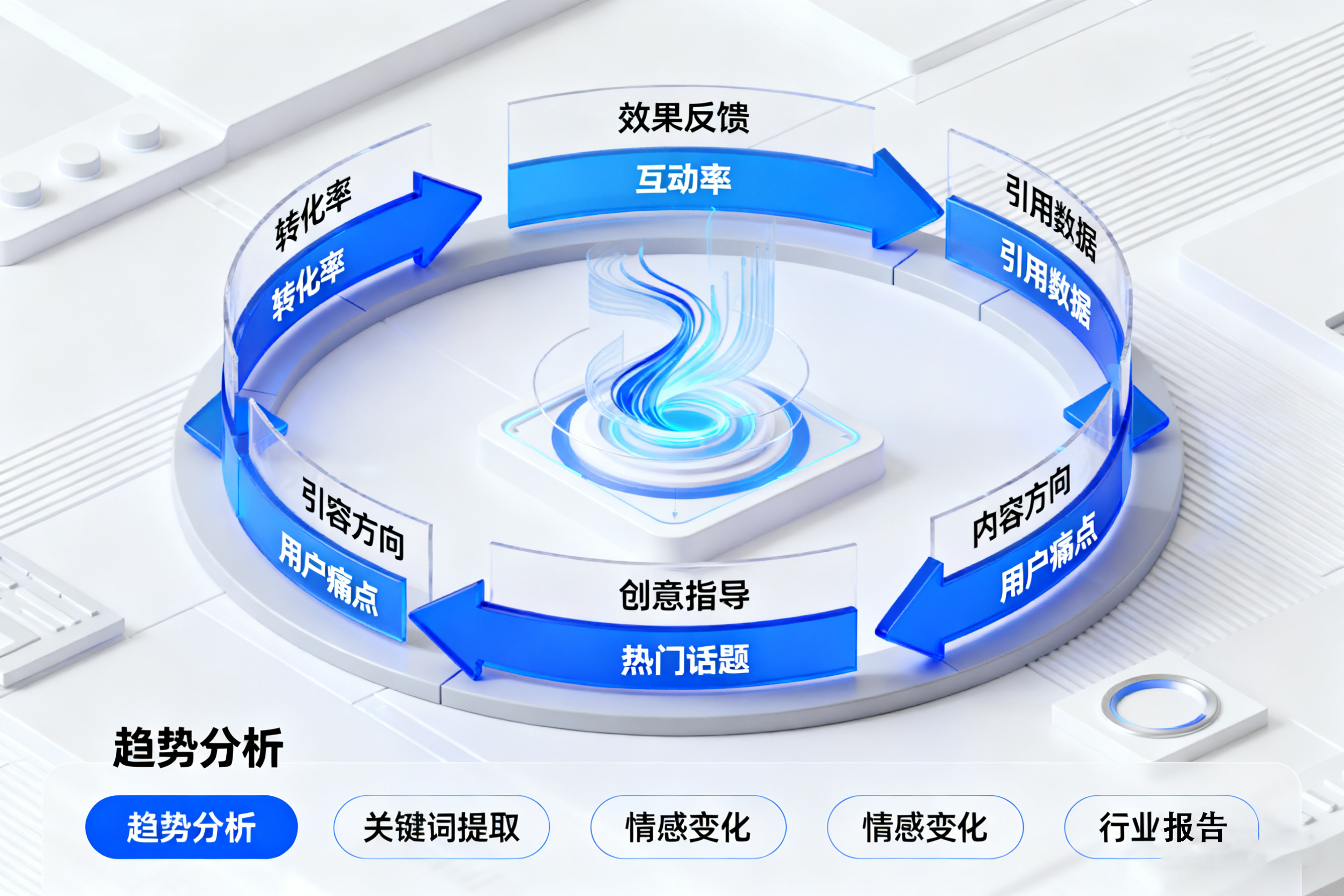Introduction
Over the past decade, enterprises have continuously pursued higher exposure, more precise click-through rates, and better conversion costs in digital marketing. However, with the rise of AI, marketing is evolving from traditional traffic-focused algorithms to cognitive-level brand building. AI is not just a tool for optimization, but a fundamental force reshaping the marketing landscape.
1. From Traffic to Cognition: The Paradigm Shift
Traditional digital marketing focused on attracting traffic through SEO, social media ads, and short video platforms. The core logic revolved around "traffic flow." However, with the rise of AI search platforms and generative AI tools, users are shifting from "searching for information" to "conversing with AI." In this new paradigm, brands need to focus on becoming part of AI's knowledge base and recommended answers, rather than just appearing in search results.
This represents a fundamental shift: from competing for traffic to competing for cognitive positioning. Brands must ensure they are understood, remembered, and recommended by AI systems as authoritative sources in their fields.
2. AI Search: The New Battlefield for Brand Building
AI search platforms like ChatGPT, Gemini, DeepSeek, and others are becoming the primary channels for users to access information. When users ask questions, AI doesn't return a list of links but directly provides comprehensive answers. If your brand is not in AI's knowledge base or recommendation system, you essentially don't exist in users' cognitive space.
This makes GEO (Generative Engine Optimization) a critical strategy. Unlike traditional SEO which focuses on keyword rankings, GEO focuses on how to make your content understandable, memorable, and preferentially recommended by AI systems.
3. Content Strategy: From Quantity to Quality
In the AI marketing era, content strategy must evolve from pursuing quantity to emphasizing quality. AI systems have strong content understanding capabilities; they can identify genuinely valuable, authoritative content and filter out low-quality, duplicated information. Brands need to focus on creating high-quality, authoritative content that provides real value to users.
4. The Future: AI-Driven Brand Ecosystem
The future of marketing is not just about using AI tools, but about building AI-driven brand ecosystems. This includes intelligent content generation, automated multi-channel deployment, real-time performance optimization, and predictive market trend analysis. Brands that successfully transform will become leaders in the AI marketing era.
Conclusion
AI marketing represents not just technological innovation but a fundamental rethinking of marketing logic. From traffic competition to cognitive positioning, from keyword optimization to AI recommendation, brands need to embrace this transformation and build new competitive advantages in the AI era.

